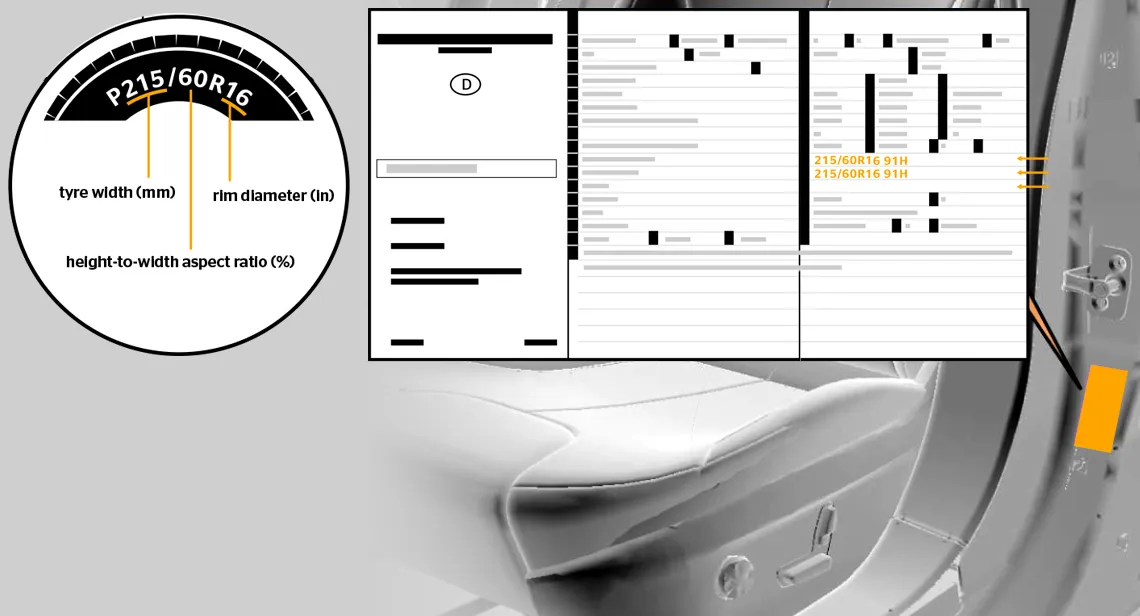.png)
As the world strives for sustainable and environmentally friendly solutions, the question arises: Will traditional fuel sources for vehicles be replaced in the future? This blog aims to explore various opinions, shed light on different aspects, and present potential alternatives to conventional petroleum-based fuels. Join us on this journey as we delve into the exciting world of emerging technologies and innovative energy sources.
.png)
The Rise of Electric Vehicles
Electric vehicles (EVs) have gained significant momentum in recent years. With advancements in battery technology, EVs have become a viable and eco-friendly alternative to conventional petrol and diesel vehicles. They offer zero tailpipe emissions, reduced noise pollution, and lower operational costs. Furthermore, the expanding infrastructure of charging stations globally makes EVs an attractive option for many drivers.
Interesting Fact: In 2020, electric vehicle sales reached a record high of 3.2 million globally, representing a 43% increase from the previous year.
Hydrogen Fuel Cell Vehicles
Hydrogen fuel cell vehicles (FCVs) present another promising alternative. They generate electricity by combining hydrogen and oxygen, emitting only water vapor as a byproduct. FCVs offer longer driving ranges compared to electric vehicles and faster refueling times. However, challenges remain in terms of hydrogen production, storage, and infrastructure development.
Interesting Fact: The Toyota Mirai, a hydrogen fuel cell vehicle, was awarded the 2021 World Green Car of the Year.
Biofuels and Renewable Sources
Biofuels derived from organic matter, such as crops or waste, offer a renewable alternative to fossil fuels. Ethanol, derived from crops like corn or sugarcane, and biodiesel, made from vegetable oils, can be used as substitutes for petrol and diesel. These fuels can reduce greenhouse gas emissions and provide a more sustainable option.
Interesting Fact: In 2020, the global biofuels market was valued at USD 110.6 billion and is projected to reach USD 165.5 billion by 2027.
Advances in Synthetic Fuels
Synthetic fuels, also known as e-fuels or power-to-liquid fuels, are created using renewable energy sources to convert carbon dioxide and water into hydrocarbon fuels. These fuels can be used in existing combustion engines without significant modifications, making them a potential bridge between conventional and alternative fuels.
Interesting Fact: In 2022, Porsche successfully conducted a test drive using synthetic fuel, demonstrating its potential as a sustainable alternative.
.png)
Conclusion
While the future of vehicle fuels holds exciting possibilities, it is clear that the automotive industry is moving towards sustainable alternatives to conventional petroleum-based fuels. Electric vehicles, hydrogen fuel cell vehicles, biofuels, and synthetic fuels are emerging as key contenders in this transition. Continued research, technological advancements, and government support are crucial in accelerating the adoption of these alternatives.
At Continental Tires Bahrain, we recognize the importance of sustainable mobility and are committed to providing innovative solutions that align with the changing landscape of the automotive industry. Join us in embracing a greener future, where efficiency and environmental responsibility go hand in hand.
Note: The information provided in this blog is for informational purposes only. It is recommended to consult relevant experts and industry sources for the latest developments in alternative vehicle fuels.







